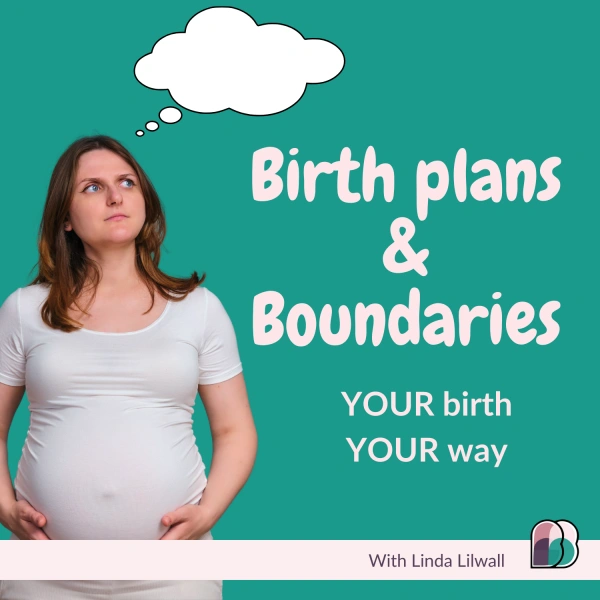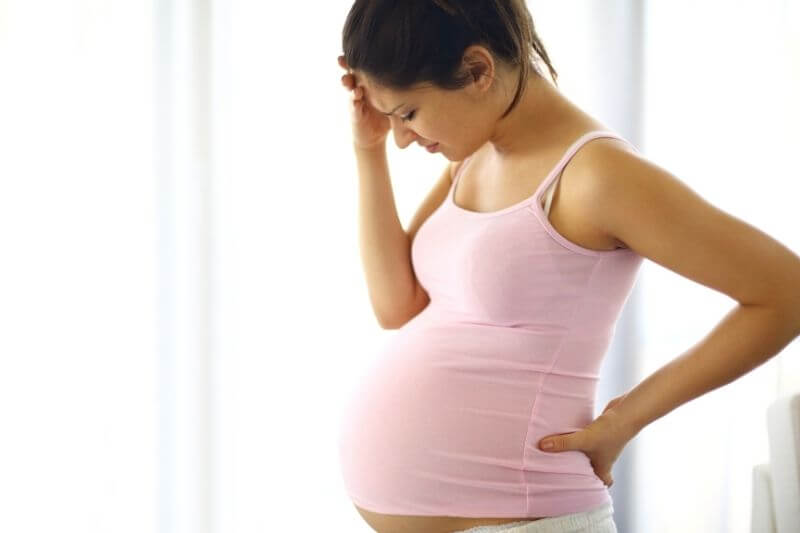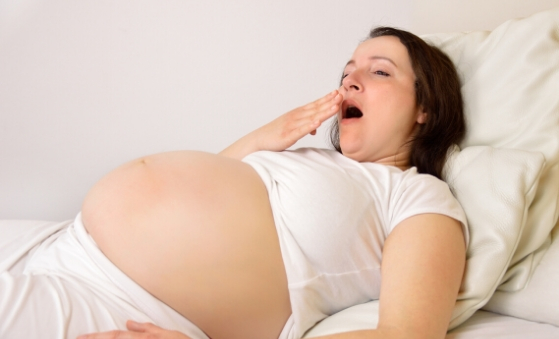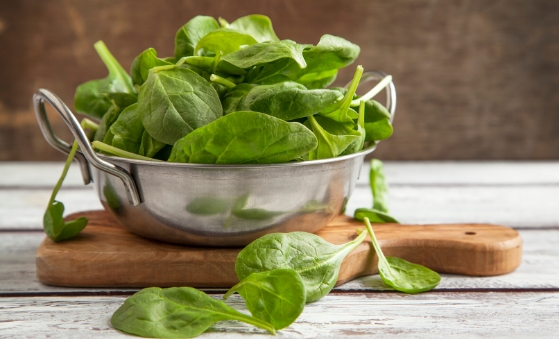
×

Anaemia in pregnancy is a common occurrence and can often be the cause of extreme tiredness at around 28 weeks. The reason it is so common, is that during pregnancy your body increases it’s blood volume by up to 30 to 50% to provide adequate nourishment to your growing baby.
Iron deficiency anaemia is a condition caused by a lack of red blood cells or haemoglobin. In the UK, the most common reason for developing anaemia is not having enough iron.
Haemoglobin is a protein found in red blood cells. It traps oxygen from the lungs and carries it around the body. A key ingredient used to make haemoglobin is iron. If there isn’t enough iron stored in the body, then the amount of haemoglobin drops. When this happens, less oxygen can be carried in the blood.
Anaemia is very common in pregnant women as …… In fact, over 20% of pregnant women in Europe are anaemic during pregnancy! This is why you are screened for it at both the initial booking appointment and again at 28 weeks.
It can be caused by any of these reasons:
You may also be at a higher risk of developing anaemia in pregnancy if you :
You may also be at risk of becoming anaemic after giving birth. This is often due to losing blood during or shortly after giving birth.
The symptoms of anaemia during pregnancy are:

It is associated with a range of problems for both the mother and the baby.
Iron deficiency anaemia can affect your muscle function, ability to exercise (such as climbing the stairs) and gut function. In pregnancy, iron deficiency also increases the risk of having a low birth weight baby and a premature delivery.
After giving birth, iron deficiency anaemia can also affect you by causing tiredness and reducing your milk production. It is also associated with postnatal depression. Your baby may have low iron stores at birth too.
Another reason why we will want to treat your iron deficiency anaemia is to reduce the risk of you needing a blood transfusion during or after delivery. Giving birth often involves some bleeding.
If you are less than 36 weeks pregnant, your GP will usually give you a course of iron tablets. They will then arrange to see you again in 2-4 weeks’ time, to recheck your haemoglobin level. If the iron tablets work properly, your haemoglobin should increase.
If you are more than 36 weeks pregnant, there may not be enough time for iron tablets to work before your baby is born. In this situation, you might need to be given iron directly into your bloodstream. This is called intravenous iron (IV iron).
There are ways you can help boost your iron levels through your diet.

For more information, the best person to speak to is your doctor (obstetrician or GP) or midwife.
Long gone are the days when fathers-to-be are left waiting in the wings to hear the announcement of their child’s birth by the attendant midwife or doctor. Instead, more partners than ever are playing an active role in the birth of their child. Birth partners are...
Let’s explore what affirmations are, how they help to prepare your mind for labour and birth and support you in accessing your bodies natural pain relief in labour.
So, the giddy excitement of discovering you’re pregnant has now been replaced with the reality & responsibility that you are actually growing a new life inside you which you want to protect and nurture at all costs. You might feel clueless about what to do next....

Linda Lilwall is a Private Midwife with over 30 years of experience and has helped welcome over 700 babies into the world.
She has a wealth of experience and is passionate about helping couples find their power as parents .
Her goal is to instil confidence through education and support, so that families are prepared for their journey into parenthood.
0 Comments